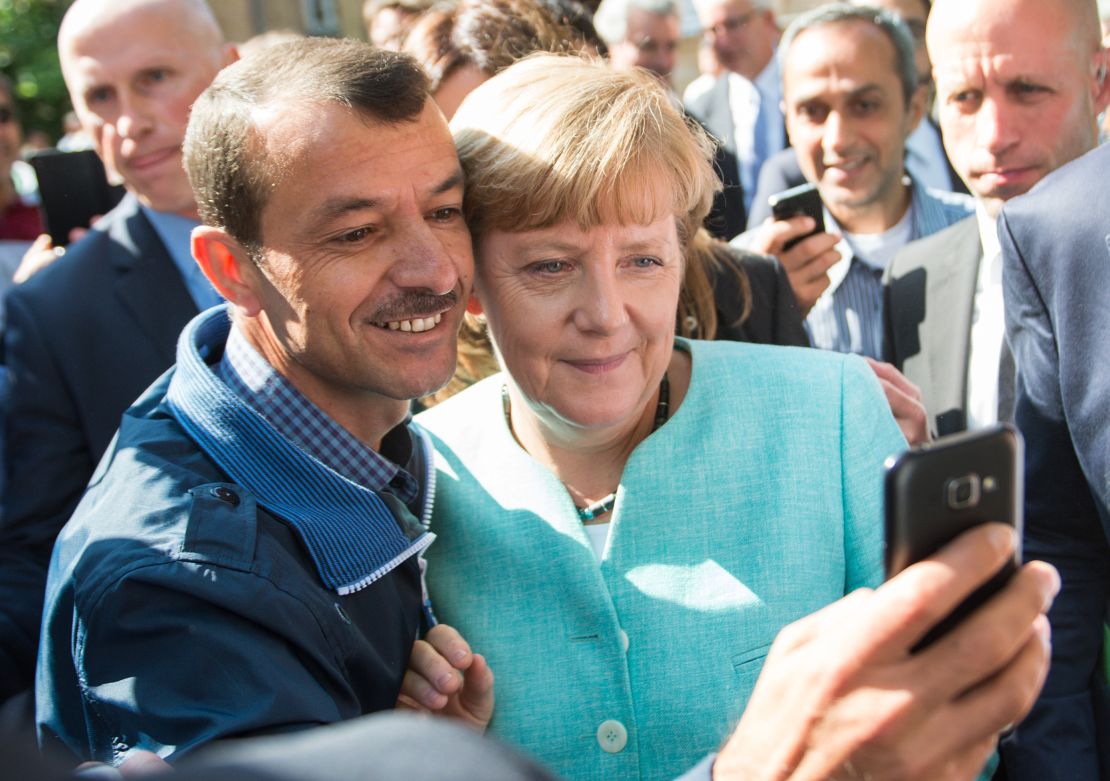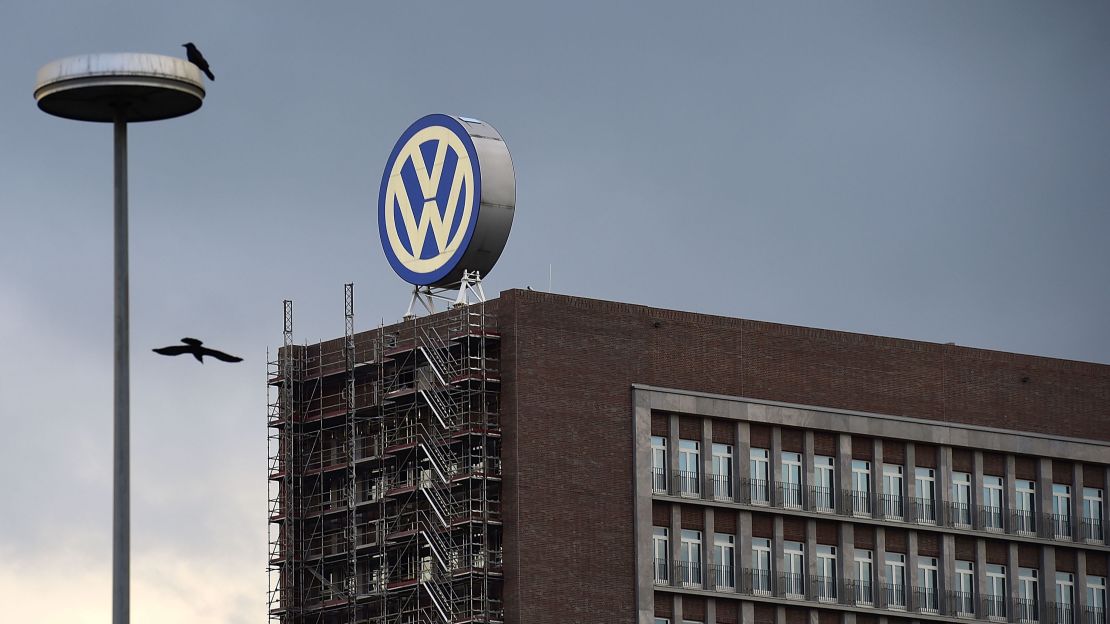The German election is very much Chancellor Angela Merkel’s to lose. But Sunday evening’s encounter with her principal opponent – the sole head-to-head debate of the campaign – is a moment of potential peril.
Few leaders in the democratic world can match Merkel’s experience – she has led Europe’s biggest economy for more than 11 years and polls show her Christian Democratic Union Party (CDU) as the clear frontrunners for the September 24 vote.
There are very few threats to Merkel “sleepwalking” through this election – as German media puts it – but this debate could be one of them.
Debating is not Merkel’s forte, and her opponent, Martin Schulz of the Social Democratic Party (SDP), is likely to be forceful and well-prepared. He has less to lose – several polls show him lagging between 10 and 15 points behind Merkel.
Stung by criticism that he is too much like Merkel, Schulz will be trying to set a distinct agenda.
With just one debate scheduled for the entire campaign period, it could prove critical. Around half of Germany’s 30 million eligible voters plan to watch it, according to a poll by the Forsa Institute, commissioned by STERN Magazine.
Of those, about 22% said they would likely make up their minds on who to vote for, based on their performance in the debate.
According to Forsa’s Peter Matuschek, Merkel’s lead over her past opponents has dropped after her debates.
“She is not a good debater, everybody knows this. And that might be an advantage for her opponent if he is in good shape that night,” Matuschek told CNN.
Here are three key election issues expected to dominate the debate:
Merkel’s refugee policy

Merkel’s most controversial policy in her current term has been her immigration policy, particularly in the case of refugee admissions.
As European nations failed to strike an agreement to share the substantial number of refugees pouring into the region from Syria and Africa, Germany unilaterally decided to allow an indefinite number into the country. At the height of the migration in 2015, Germany took in more than one million refugees.
The policy has been divisive, praised by human rights activists and a certain German demographic, and admonished as careless and too generous by others. It also gave fuel to the fringe far-right Alternative for Germany Party (AfD), which has lobbied the German people on an anti-immigration platform.
Issues such as family reunification, deportations and integration, as well as border controls and a possible cap on refugees continue to make headlines. Merkel and Schulz both oppose the idea of a cap on refugees.
Dieselgate

The country’s auto industry has taken a hit since Volkswagen admitted two years ago that 11 million of its cars worldwide were fitted with software that allowed it to cheat pollution tests.
Its vehicles in the US were found to be emitting up to 40 times the legal limit on nitrogen oxide.
It wasn’t long until other German carmakers were accused of the same thing, including Daimler and BMW, as well as Volkswagen’s subsidiaries Audi and Porsche.
The crisis unfolded under Merkel’s watch and Schulz has accused the Chancellor of being too slow to address it.
Germany’s finance ministry last month said that while the impact of the scandal was difficult to quantify, it was a notable risk to the economy.
Cars and auto parts account for roughly one fifth of all German exports, worth 260 billion euros ($309 billion). The sector employs over 800,000 people.
Merkel and her government are still finding ways to avoid driving bans ordered by courts and to ensure car sales don’t tumble.
In July, European antitrust officials confirmed they were looking into claims that Germany’s major carmakers may have been operating a cartel since the 1990s, colluding on everything from vehicle development to diesel emissions systems.
Security and terrorism

Germany suffered a series of terror attacks in recent years, including a truck attack on a Christmas market in Berlin that killed 12 people last year.
Security remains a major concern, and Schulz will be watched closely to see if he has anything new to offer. So far he appears to be on the same page as Merkel.
Both party leaders have promised to strengthen Germany’s security forces and hire more police in response to the problem.
This issue also relates to Merkel’s refugee policy. Her critics say that it is near impossible to effectively screen all the refugees entering the country to determine whether they are a security risk.
ISIS, for example, has claimed to have infiltrated the refugee route to Europe to carry out attacks on in the region.
Following several attacks, Merkel has famously responded in her usual pragmatic way that “we can manage it,” a phrase that her critics slammed as naive and her supporters praised as measured.
CNN’s Atika Shubert contributed from Berlin.


